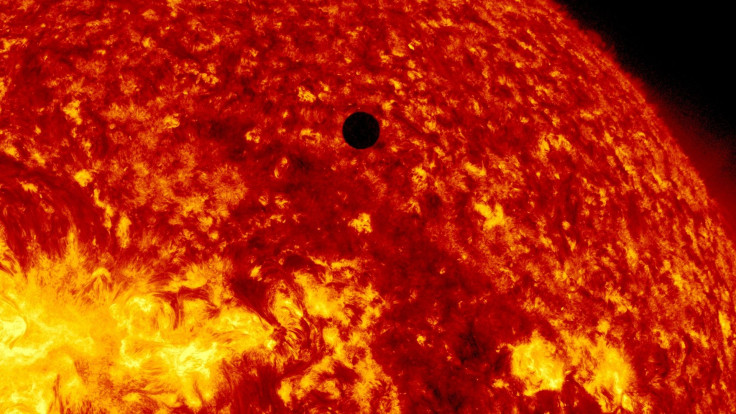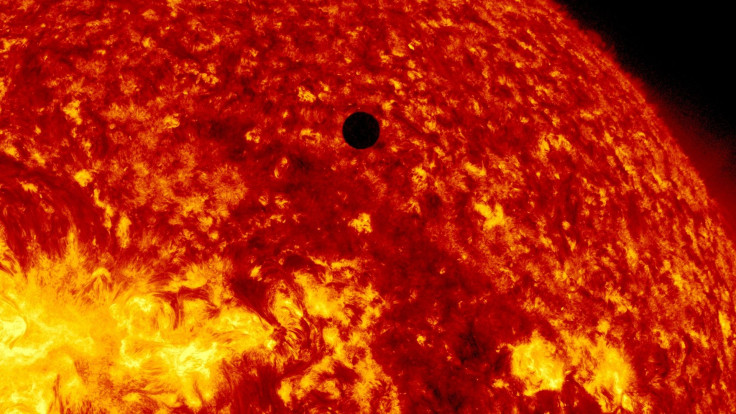Study Suggests Life Might Exists In Venus' Skies

Human life on Venus would likely be uncomfortable for just about everyone involved. It takes more than 100 Earth days for the sun to rise and set on Venus, which somehow would not be the worst part; the planet’s extreme surface temperatures would make things quite warm, to say the least.
According to a new study, Venus may actually be able to support life after all, Time reported. Just not human life.
Researchers say Venus' atmosphere could support extraterrestrial life https://t.co/uPpgQWH9N1
— TIME (@TIME) April 3, 2018
The study, which was published in the scientific journal Astrobiology, posited that colonies of bacteria could survive at altitudes of around 30 miles in the air on Venus. That oddly specific hypothesis is not without merit, as bacteria on Earth have been known to survive roughly that high in the air.
The idea is that Venus' skies at that altitude have approximately the correct air pressure and temperature for bacteria to eke out an existence for themselves. The surface of Venus hits temperatures in excess of 880 degrees Fahrenheit, according to NASA, but up in the clouds, it is a balmy 140 degrees.
One potential issue is the hot, acidic atmosphere on Venus. However, the study suggested that bacteria may not care about that. On Earth, they have been known to thrive in similar conditions, according to a news release that summarized the study for the general public.

There are a couple of other factors that support the study’s hypothesis. First, Venus is generally thought to have once been hospitable, with liquid water on the surface like Earth has and Mars once had. That period could have lasted up to 2 billion years, meaning the planet likely had enough time to evolve some form of microbial life, at least.
There is also the presence of strange “dark patches” in Venus' skies. Theoretically, those could be similar to light-absorbing bacteria here on Earth. The ones on Venus reportedly suck up light at similar spectra to their Earth counterparts, adding to the possibility that something actually lives on Venus.
Venus has next to zero potential for human life, as even spacecraft do not last long on the planet’s blazing hot surface. Still, there remains the possibility that tiny organisms have carved out a niche for themselves in its clouds.
© Copyright IBTimes 2025. All rights reserved.




















